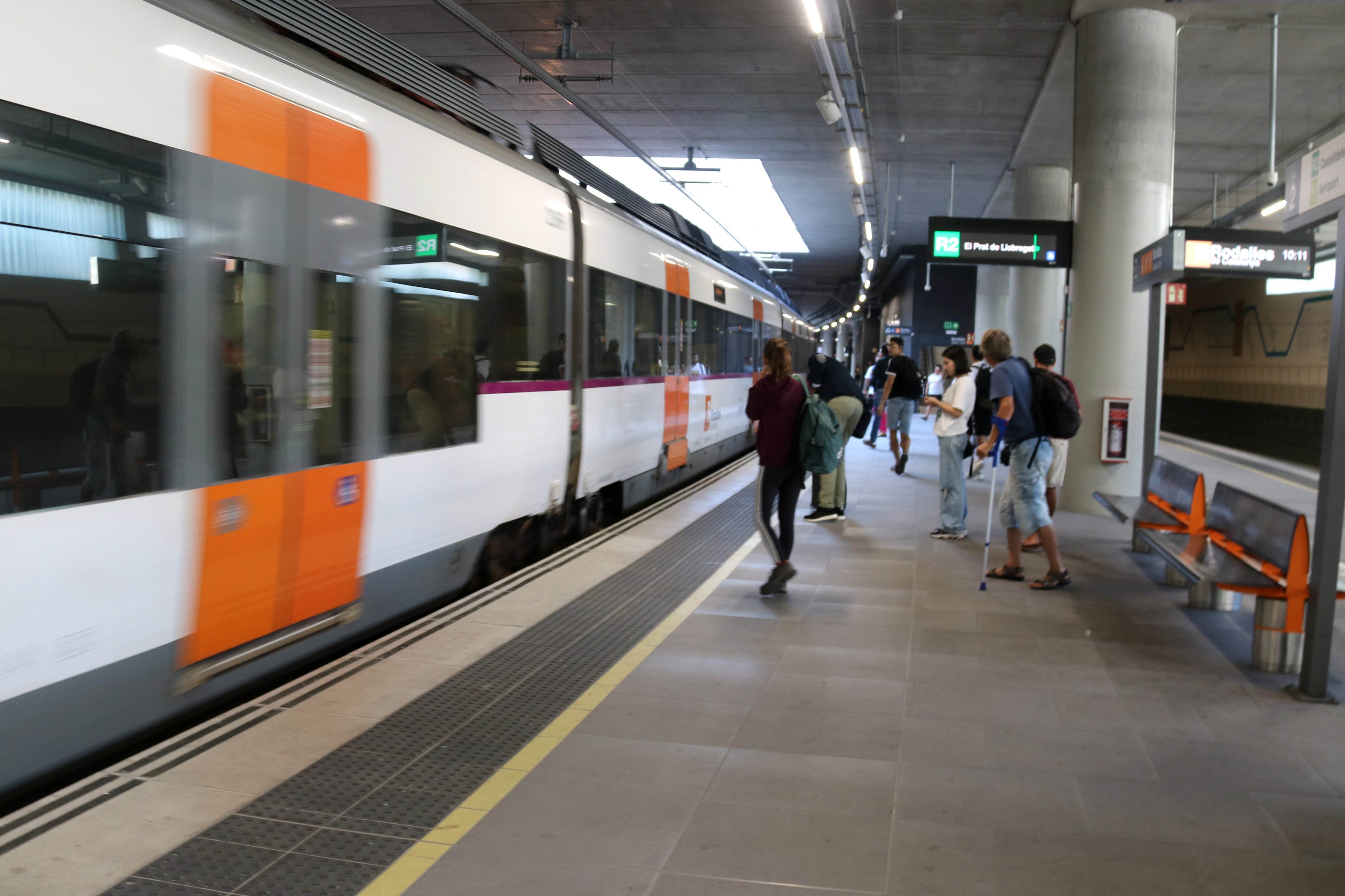The High Court of Catalonia (TSJC) has ordered the Catalan government to pay 80.9 million euros to the Spanish public rail operator Renfe for having added new services since the partial transfer of Rodalies rail services to Catalonia in 2010, ruling that it must pay the fee increase claimed by the infrastructure owner Adif. The administrative disputes court's ruling notes that the debt developed during the years 2016, 2017, 2018 and 2019; and it mentions new infrastructure such as the extension of the Maresme line to Arenys de Mar, the Girona Line 1 service opened in 2014 and the Tarragona Line 1, in the same year. The court ruling arrives with, in recent months, the total transfer of the Rodalies rail services from the Spanish transport ministry to the Catalan government having been put back on the table, an historic demand due to the poor service by the railway operator. In fact, particularly severe problems with the Rodalies rail services over the last last two days prompted Catalan territorial minister Esther Capella to comment that in the 275 days of this year so far, only 44 days (16%) have been without an incident affecting Rodalies services.
The issue subject to today's court decision goes back to 2010, when the Catalan government, then under the left-wing tripartite government of José Montilla (PSC), acquired the powers of "management, regulation, planning, coordination and inspection of services and activities, and the ability to set user charges for the service", although in practice this did not mean a major change, since it only amounted to the power to determine timetables and ticket prices. But, in addition, the deal included the condition that any extension of services or frequencies would be borne by the Generalitat of Catalonia.
Between 2011 and 2016, everything continued as it had been, but in 2017, Adif, the public company that manages the infrastructure, raises the price of its fee for the passage of trains and the operator Renfe decided to pass the bill to the Catalan government, then led by Carles Puigdemont, which opposed the decision, asserting that the infrastructure was the responsibility of the Spanish transport ministry. It therefore stopped paying, and at that point a litigation began which has led to this judgment from the TSJC.
Subsequent Catalan governments of Quim Torra and Pere Aragonès have continued along the same lines, without wanting to assume the bills that Renfe has sent them, which have been rising annually. In fact, in 2022, the Aragonès executive sent a statement refusing to pay this amount that the railway operator claimed. Now, the court has ruled rule in favour of Renfe, asserting that the Generalitat must pay a total of 80.9 million euros plus the costs of the trial. The Catalan government, however, can file a cassation appeal.
Catalan Government to appeal
The Catalan territorial minister, Ester Capella, announced this Wednesday that the Generalitat will appeal against the TSJC ruling. In an interview with radio station Cadena Ser, Capella affirmed that her government "put its foot down" because, apart from this issue, "the services are not working either". "If they don't comply with the obligations, the Catalan government has the right to draw the line", said Capella, who argued that the court ruling "does not comply with the law". According to her, the Spanish state "is the main defaulter" because it has not fulfilled its "obligations" in the transfer of ownership of 2010. In addition, she criticized that the degree of implementation of budgeted Spanish government investment in infrastructures is only 19%.
"The Generalitat, at a certain point, has to take a stand because the Spanish state takes charge of these extensions to services in other parts of Spain, and in Catalonia, not only does it not take charge, but the services which Renfe, Adif and the ministry must take care of, don't work either," argued Capella. Thus, the minister reiterated the Catalan government's request for a "comprehensive transfer" of Rodalies. Capella admitted that reversing "the historic disinvestment" in infrastructure in Catalonia would take time: "neither the day after, nor the year after the transfer" to Catalan hands would it have been remedied, but she defended that the government of the Generalitat has "the ability to understand the country" and to design an efficient railway system.
The full transfer of Rodalies to Catalonia, on the table
The TSJC ruling comes just as the transfer of the entire Rodalies infrastructure has returned to the forefront of public debate as one of the demands of the ERC-led Pere Aragonès government in exchange for support from the Republicans for the investiture of the current acting Spanish PM and leader of the PSOE, Pedro Sánchez. Despite the historical demand, which has been made for years due to the poor Rodalies service, with constant incidents and delays, the response of the Spanish government has been negative, since the Spanish transport ministry, which is the owner, considers it a state infrastructure of and, in addition, it also functions for other state services, such as medium distance lines and freight.
Below, the court ruling by the TSJC, in its original Spanish version:

